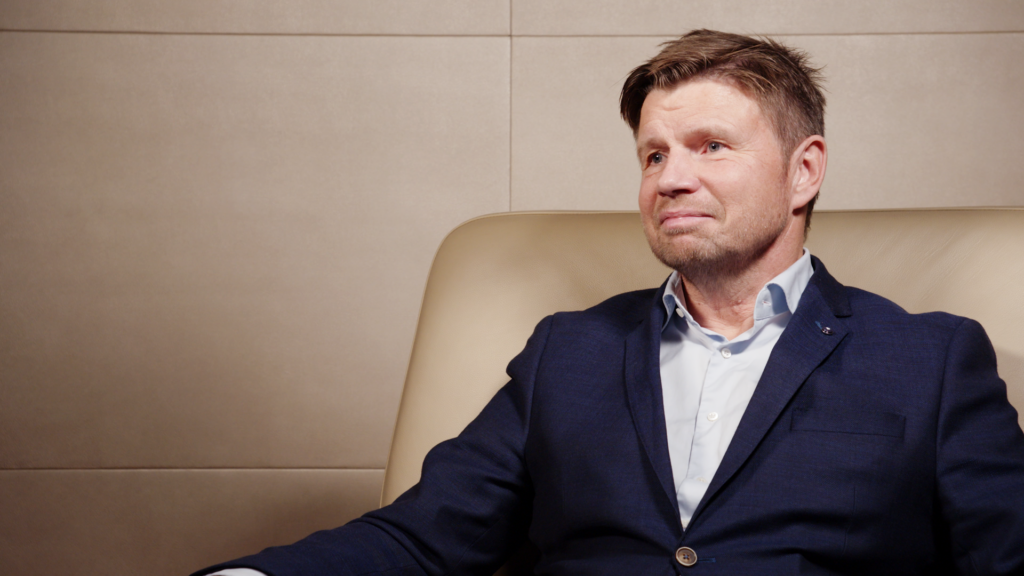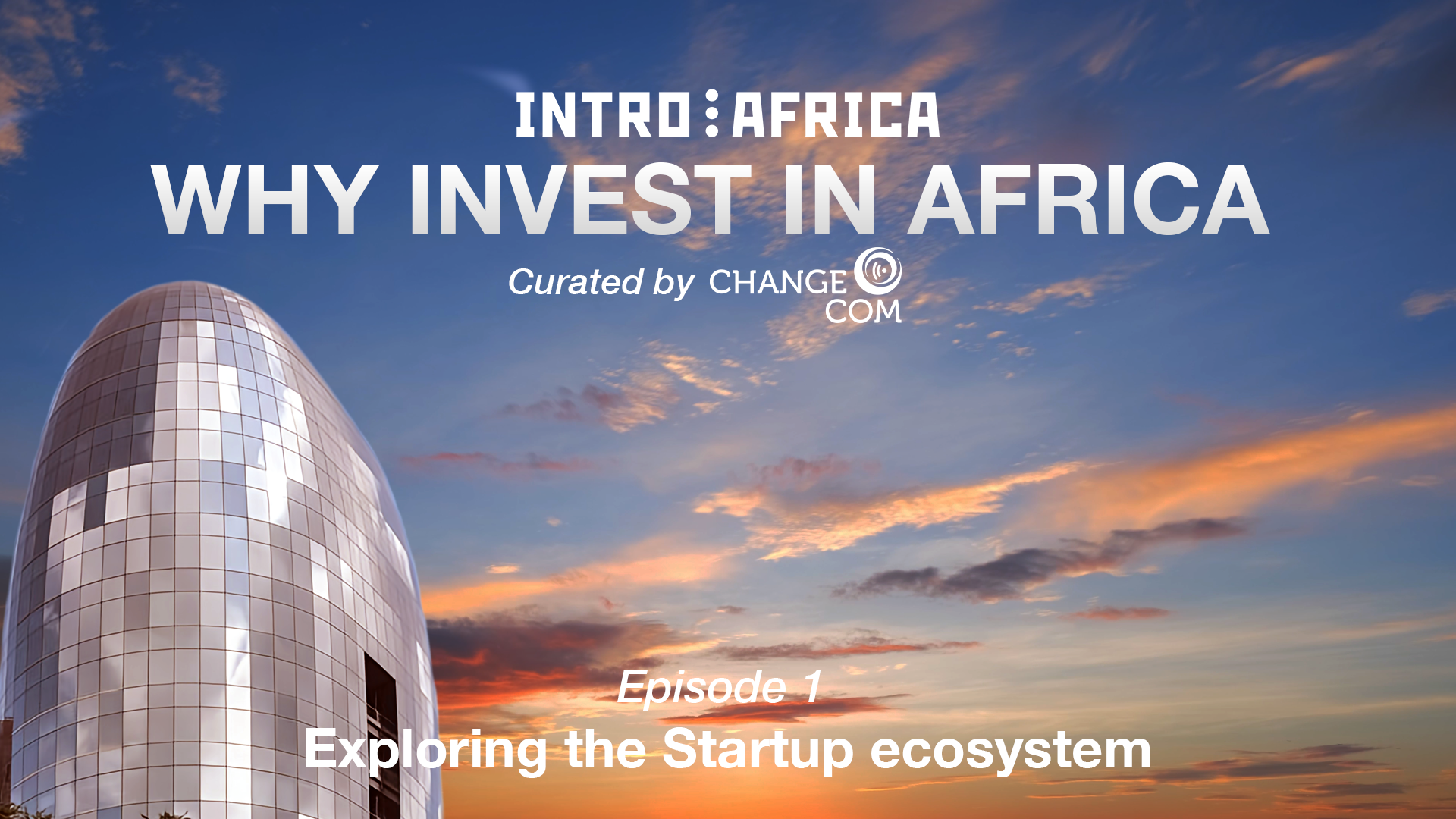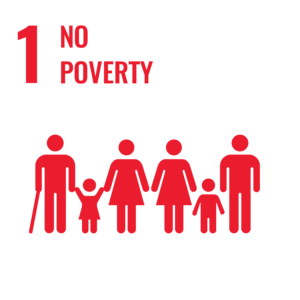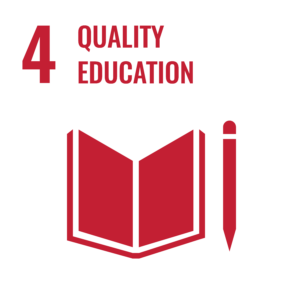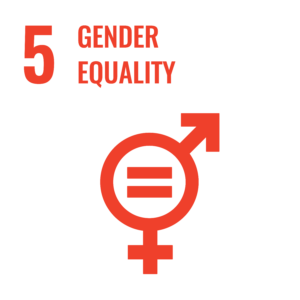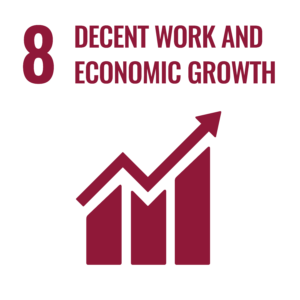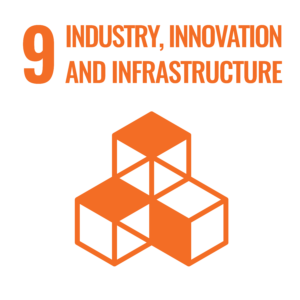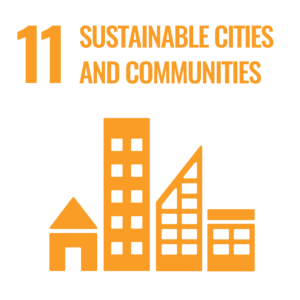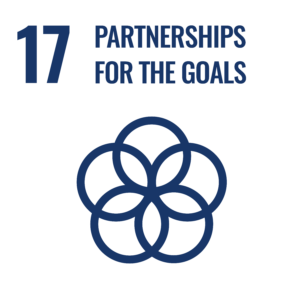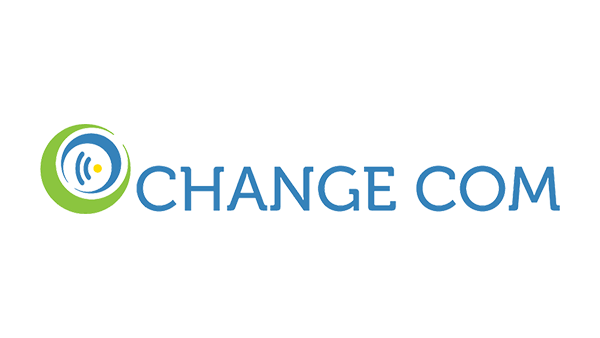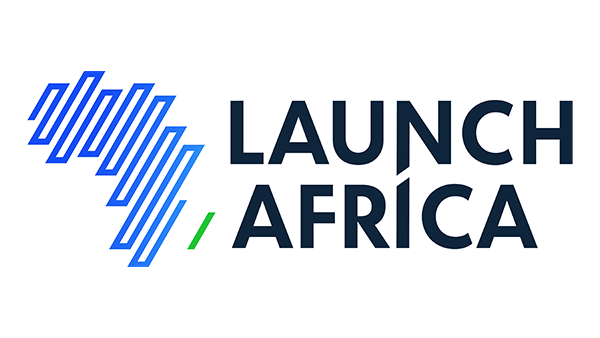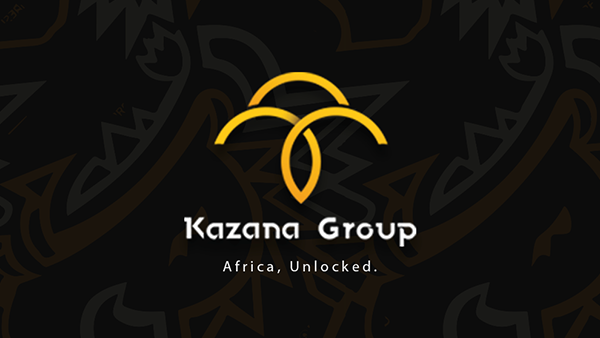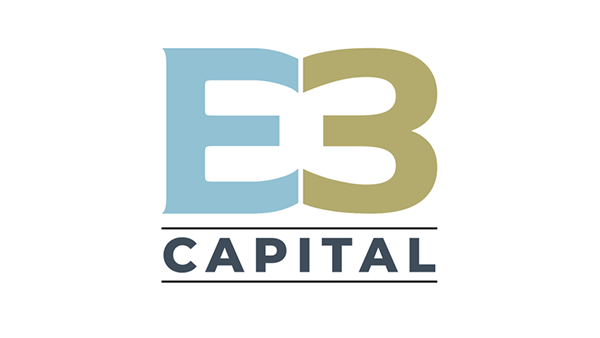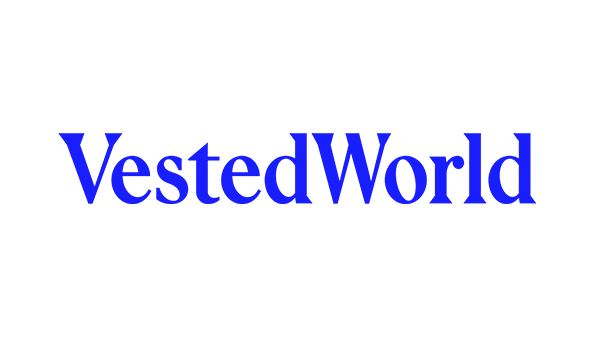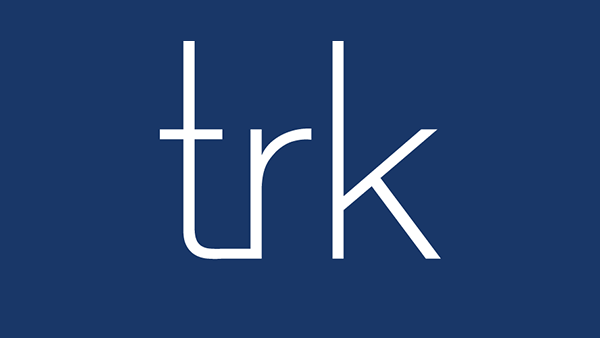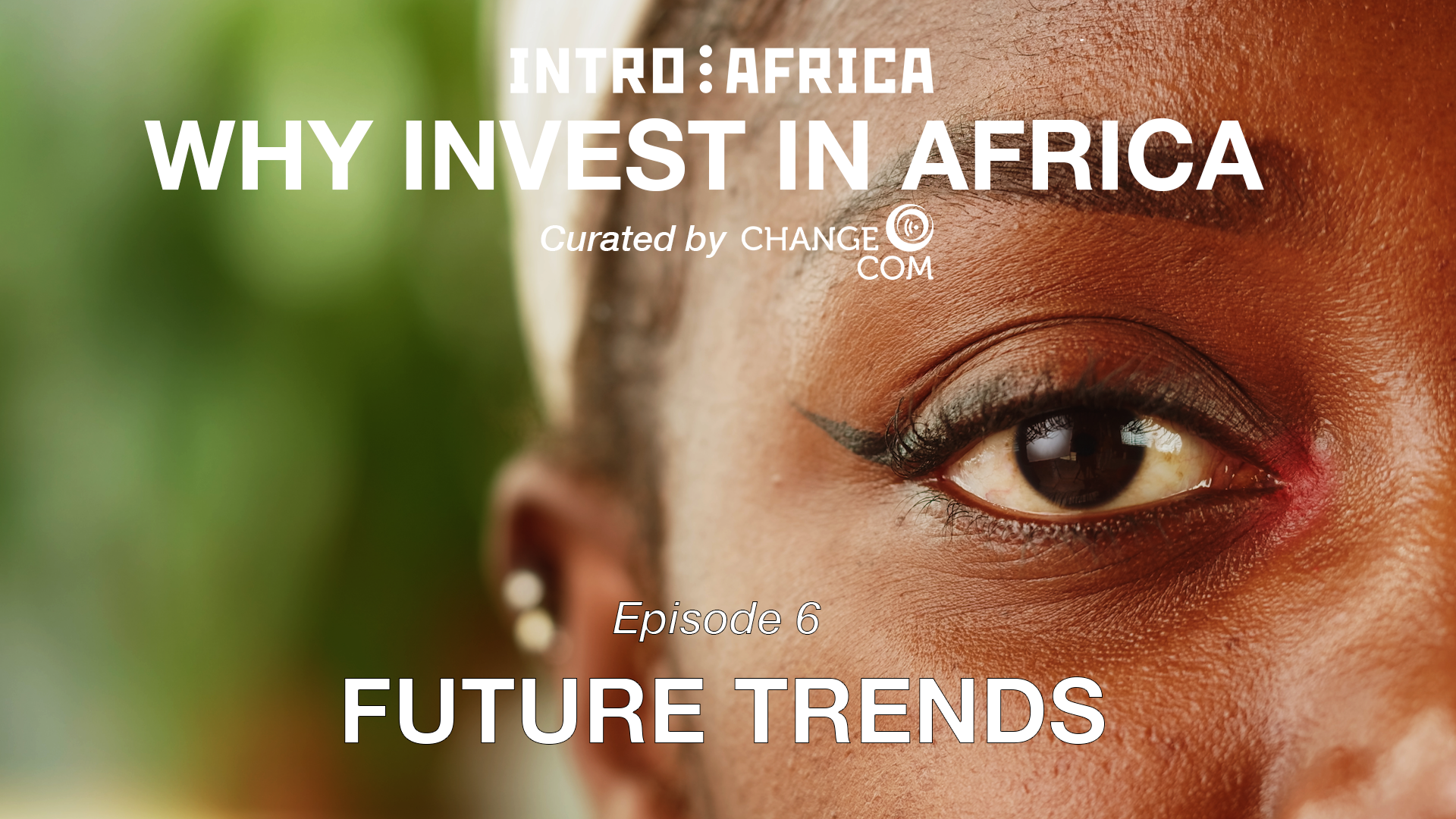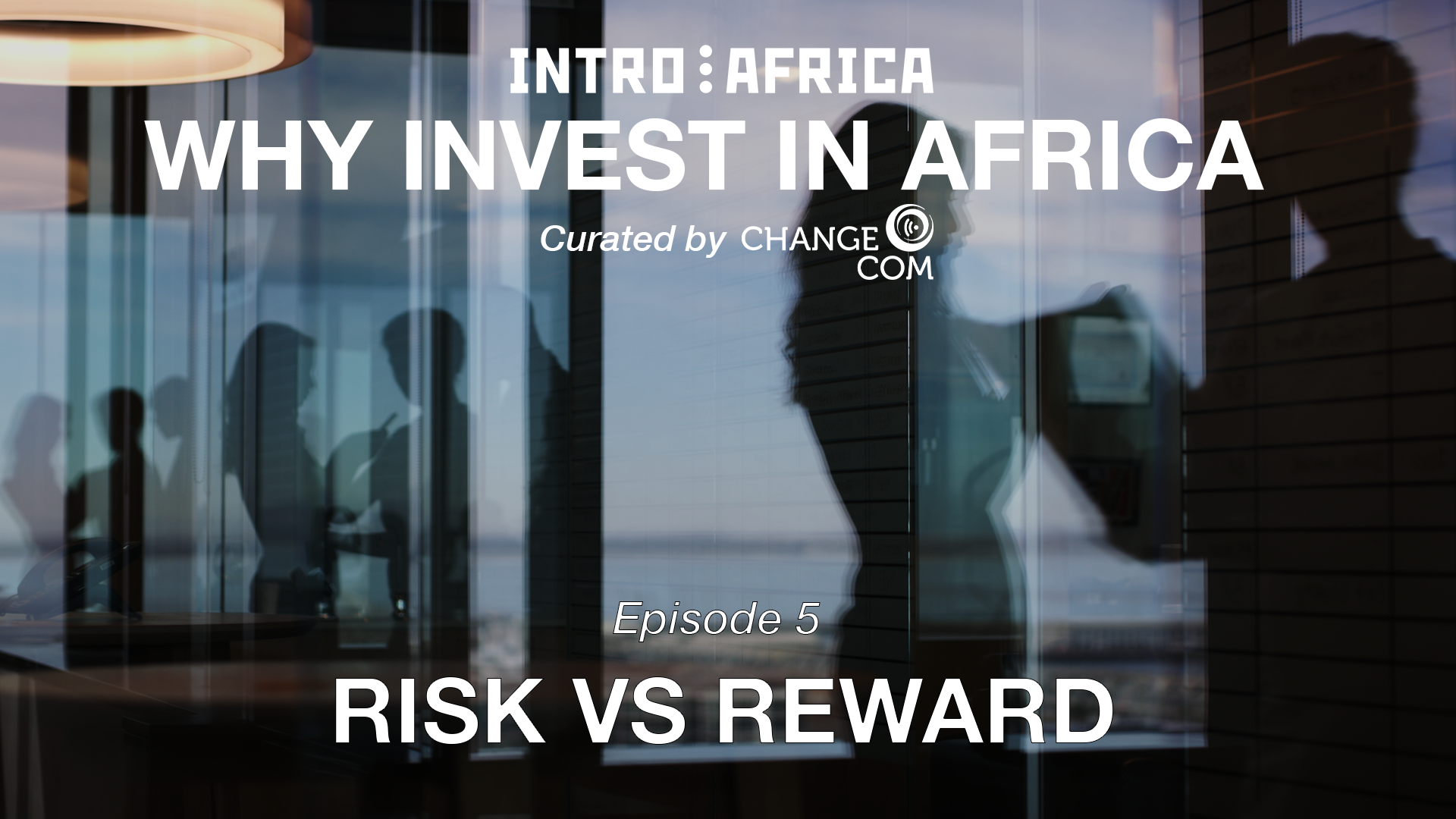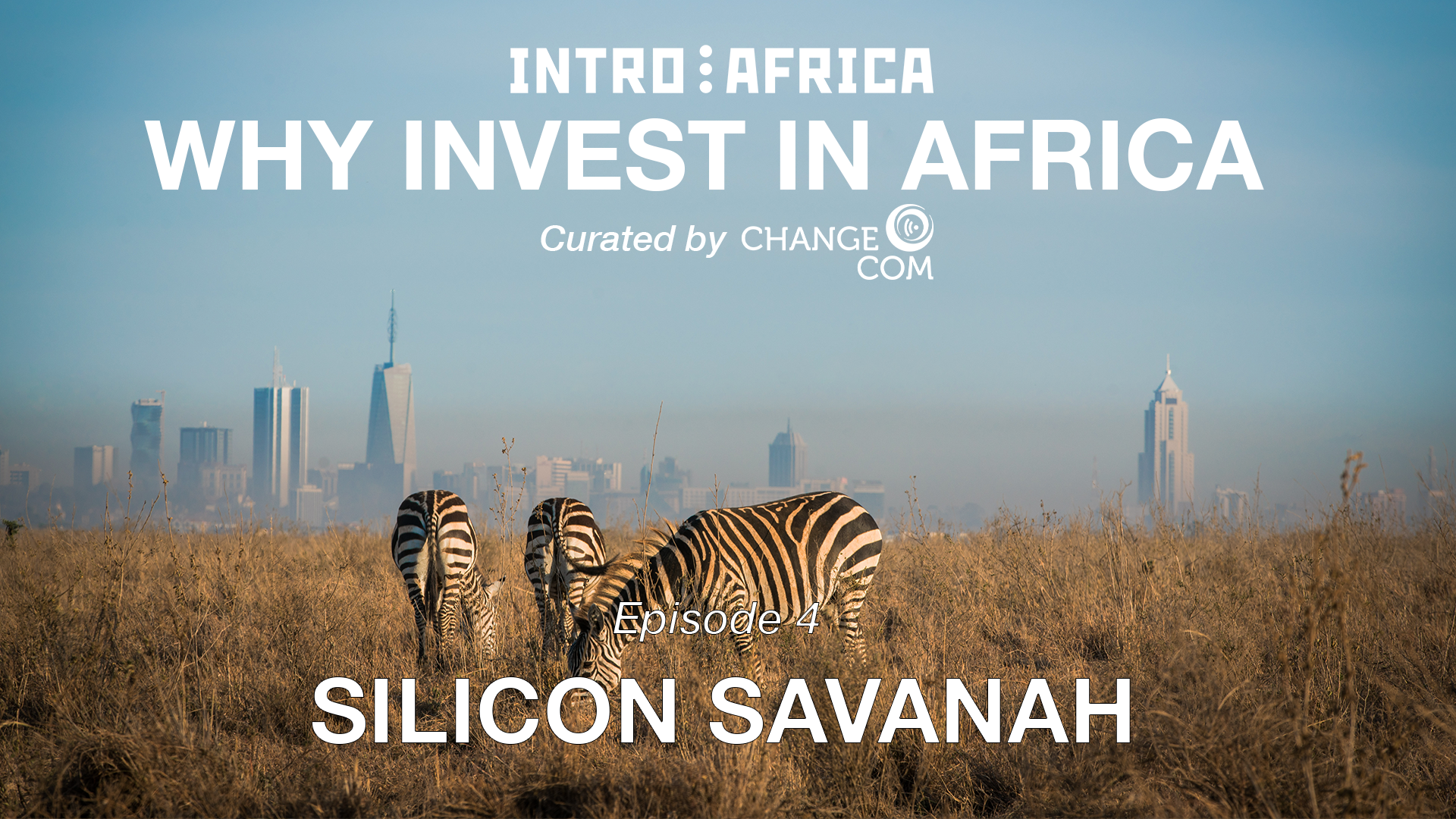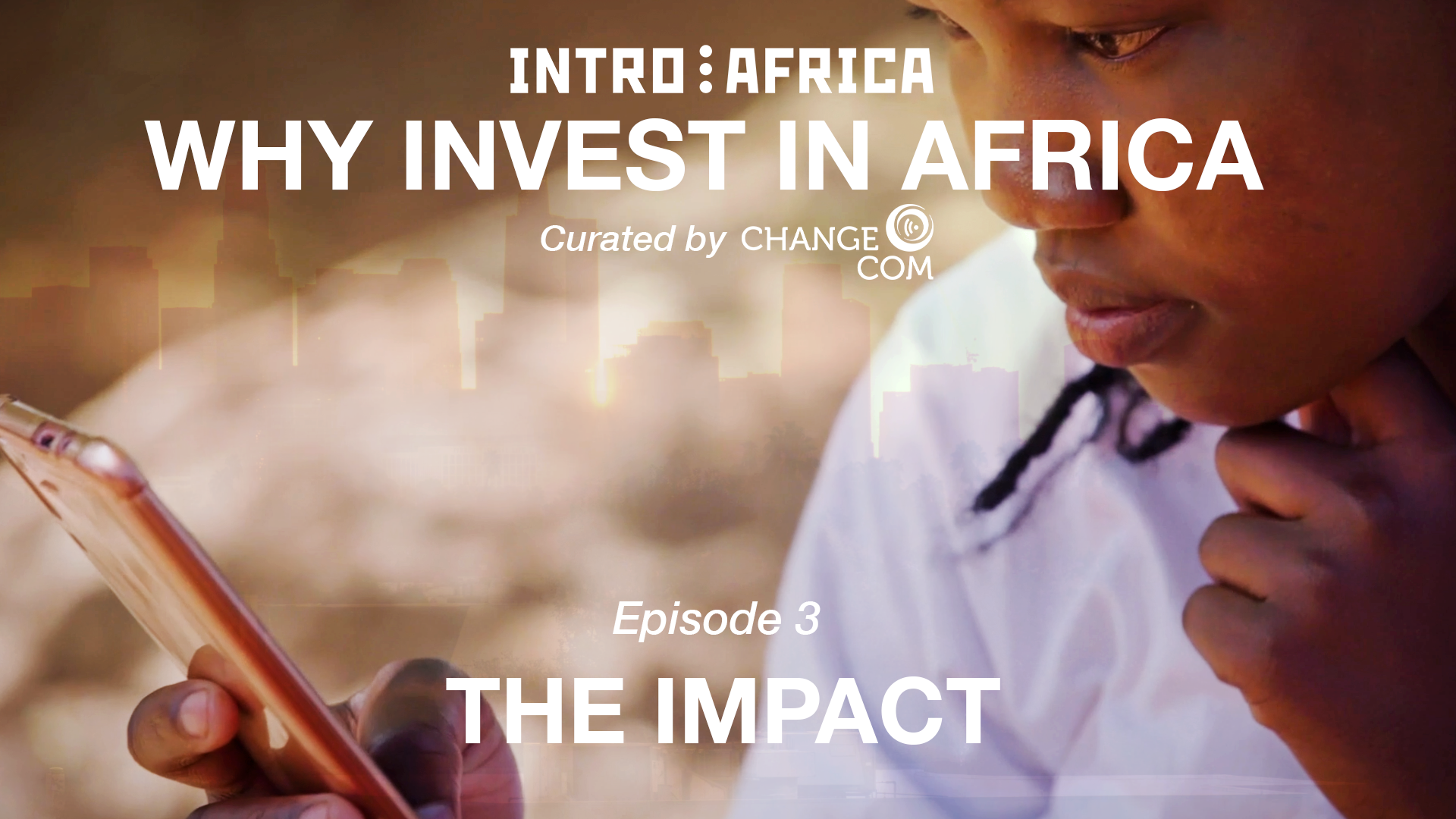Episode 6 The Future – A story curated by Change Com
Episode 1 Exploring the startup ecosystem - A story curated by Change Com
The ‘Why invest in Africa’ series is focussed on African startup ecosystems, to highlight investment opportunities in Africa. This series takes a broad stroke look at various aspects of investments in early stage startups across Africa, sharing insights into which elements contribute to attracting venture capital and private equity. We spoke with Change Com Founder and CEO Endre Skolt about his vision, mission and passion for African startup ecosystems.

IA: What is Change Com’s main vision and mission, and why do you invest in startups?
Endre: Change Com’s main vision is that the gap between the developed and the emerging economies will narrow. We believe that entrepreneurship and startups are a driving force behind the creation of new ideas, new technologies and products that will contribute to narrowing the gap. Africa and the rest of the world need change and we believe that entrepreneurs should play a crucial role in creating change. New businesses create jobs that contribute to economic growth and prosperity. Our mission is to reduce inequality and build bridges between poor and rich countries. Trade, a fair market economy, governed by transparency and accountability, drives prosperity.

IA: What is your ‘Why’? and the inspiration behind this series?
Endre: The main reason for creating this film series is to increase awareness among Nordic investors and other relevant stakeholders about investment opportunities in Africa. In particular, this film series is to encourage growth of venture capital firms to discover Africa as an investment destination.
IA: With your background in global investments, and seeing how the startup scene has evolved in other parts of the world, what do you see when you look at the African continent today?
Endre: In Africa there are lots of investment opportunities. The countries in the world with the highest economic growth are in Africa. The young population with new ideas, rapid urbanization, increasing access to technology, and abundant talent bring hope to many and will certainly continue to raise the level of living standard in African countries. African entrepreneurs will play a significant role in this process. However, there are several challenges that will have to be overcome.

IA: What do you believe is the potential of early stage venture capital and private equity to generate high returns and make a positive impact on society on the African continent, at the same time contributing to the United Nations SDG´s?
Endre: The potential for investing in the most politically stable markets in Africa is huge. With a long-term investment strategy and de-risk programs offered by governments, banks and world finance institutions, there a numerous opportunities to make good returns.
IA: Change Com targets start-up investments in the Nordics and impact investments in Emerging Markets in East Africa & South East Asia with a portfolio of 25+ investments. Can you share a reflection on how to find the best investment opportunities and how to handle potential risk?
Endre: Change Com is committed to investing in industries that ignite our passion and align with our expertise and experience. We specifically focus on startups within the infrastructure sector, targeting areas such as universal access to electricity, financial inclusion through credit access, global internet connectivity, and the empowerment of small and medium-sized enterprises.
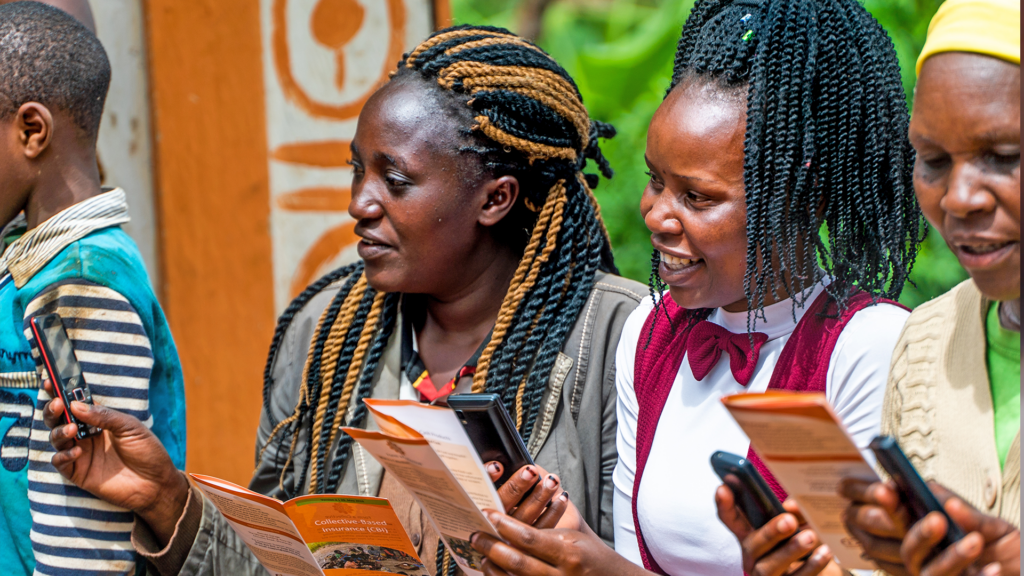
We invest primarily in the pre-seed and seed stages. To effectively manage risk, we prioritise collaboration with fellow investors and key players in the ecosystem. Our approach includes a comprehensive due diligence process and actively seeking deal flow from reputable incubators and accelerator programs.
The African early-stage investment ecosystem is still quite immature, especially in terms of attracting venture capital. In the near future, we expect this to improve as we have seen in Asian markets.

IA: A recent report by the Economist on the ‘Africa gap’, indicates that the economic gap between Africa and the rest of the world is growing, with the continent undergoing social change, but little economic transformation. What do you believe are the missing ingredients, and what do you believe will drive economic transformation on the continent?
Endre: There are certainly many obstacles and hurdles as this statement in an Economist article outline: “Demographic shifts, urbanization, political dynamics, and advancements in consumer technology are driving significant social changes across the continent. However, these transformations are not being matched by economic progress. In fact, African economies are increasingly lagging behind the rest of the world. In 1960, Africa’s GDP per capita, adjusted for purchasing power parity (PPP), was approximately half of the global average. Today, it stands at around a quarter. At that time, the region was comparable to East Asia; now, average incomes in East Asia are seven times higher than those in sub-Saharan Africa” (Source: Economist, “The economic gap between Africa and the rest of the world is growing,” January 6, 2025).

Key Ingredients that Change Com believes must be implemented:
– Offer reasonable early-stage investment terms for foreign investors; for instance, Ethiopia currently sets a minimum investment size at $150,000.
– Encourage developed countries to provide tax incentives for investments in African markets.
– Promote investment in infrastructure to enhance trade, attract investments, and create job opportunities.
– Improve access to finance, specifically to empower small businesses.
– Implement an international debt relief program, as servicing debt poses a significant burden on government finances in many African nations.
– African leaders must abandon outdated economic paradigms and embrace a fair market economy grounded in transparency and accountability.
– Foster global partnerships that go beyond one-sided aid, encouraging collaboration among international organisations, educational institutions, and universities.
– Promote regional integration and establish a common African market, as current markets remain too fragmented.
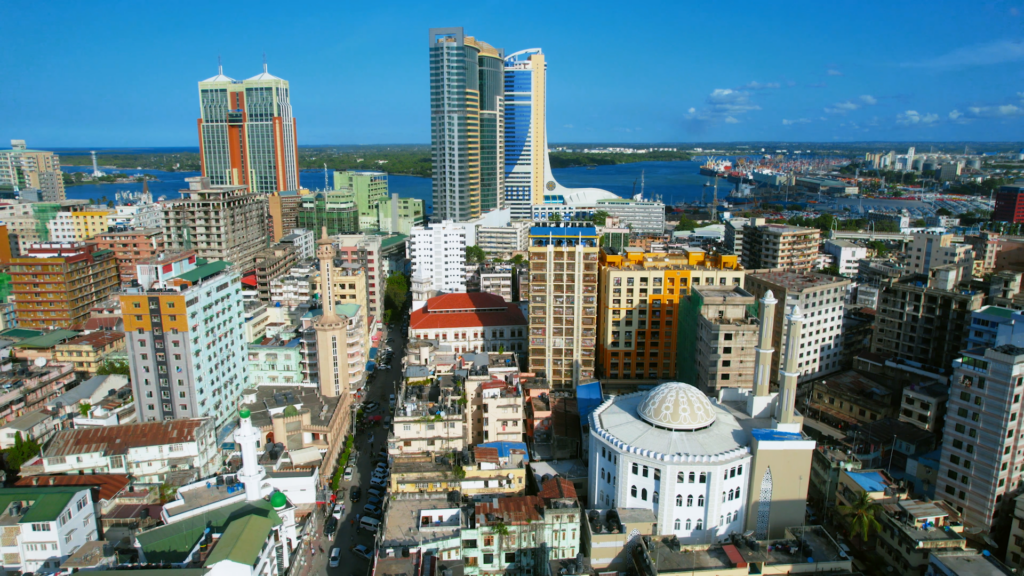
IA: What is your take on risk perception regarding investing in the African continent?
Endre: We recognize that investing in African markets involves certain risks. Investors must navigate bureaucratic hurdles, including complex legal frameworks and potential administrative challenges. Market volatility can also present concerns, as political instability, economic fluctuations, and regulatory changes may heighten perceived risks. Additionally, inadequate infrastructure in many regions can impede business operations and logistics, and fragmented markets can complicate investment strategies.
Despite these challenges, we believe that investors approaching Africa with a long-term perspective can uncover significant opportunities. Many African nations are actively working to enhance their investment climates, signalling a commitment to fostering a more favourable environment for business growth.
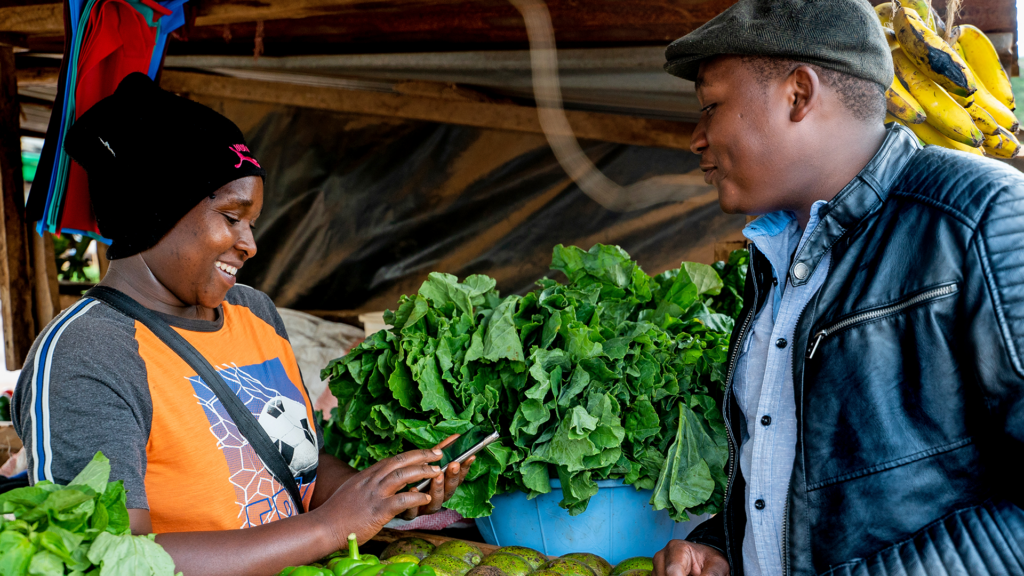
IA: How do you believe we can unlock more investment capital towards the African continent, also from African sources?
Endre: To unlock more investment capital for the African continent, local governments and authorities must set the framework: Fostering innovation and entrepreneurship: Supporting startups and small businesses through incubators, accelerators, and access to funding can drive economic growth. Initiatives that promote entrepreneurship are likely to attract both local and foreign investments.
Strengthening financial markets: Emerging economies local capital markets are crucial for enhancing access to funding. This involves improving stock exchanges, and promoting venture capital and private equity investments.
Encouraging public-private partnerships: Governments can collaborate with private investors to finance infrastructure and development projects. This partnership approach leverages private sector expertise and capital while sharing risks.
Showcasing success stories: Highlighting successful investments and projects can build confidence and attract more capital. Case studies and testimonials can illustrate the potential for returns and the viability of investing in Africa.
Leveraging diaspora networks: Engaging with the African diaspora offers a significant opportunity for investment capital. Programs that facilitate diaspora.

IA: Why invest in Africa now?
Endre: Investing in African markets carries inherent risks; however, early engagement offers Nordic investors a unique competitive edge as these economies evolve. This investment not only promises potential financial returns but also plays a crucial role in fostering a brighter future for Africa by tackling significant challenges such as poverty and limited access to essential services.
Several African countries are experiencing robust economic growth, with specific sectors rapidly expanding due to urbanization, a youthful population, and rising consumer demand. The continent is also experiencing a technology revolution, particularly in mobile applications, fintech, mobile banking, and e-commerce, leading to a surge of startups and innovative tech companies. Today, basic services such as banking, insurance, internet access still have low penetration and are expected to significantly grow in the coming years.
Moreover, Africa is abundant in natural resources, and investing in these sectors can yield substantial returns, especially as global demand for these resources continues to grow.
